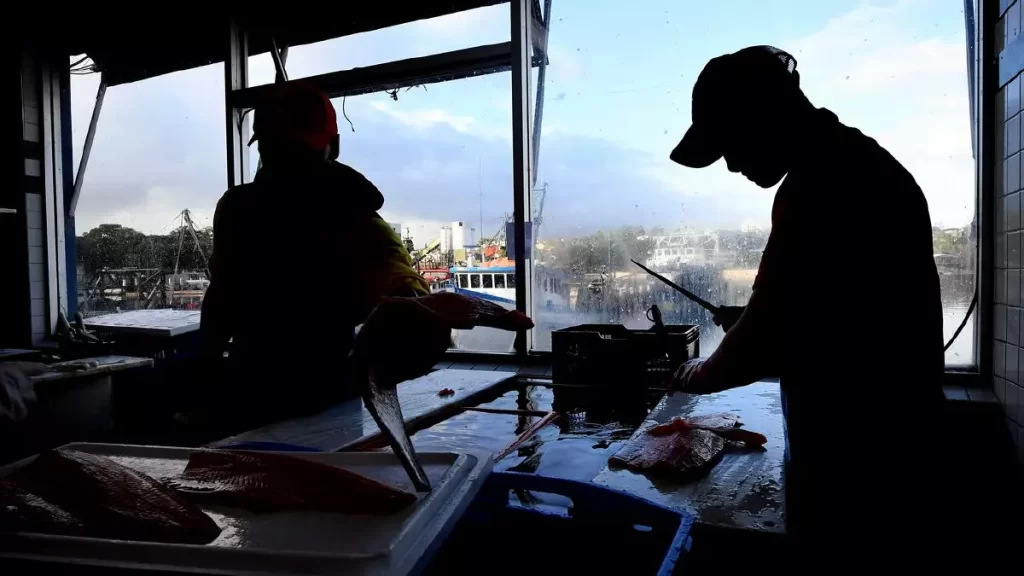
AAP: Major change is on the way for Pacific seasonal workers and, possibly, the government’s flagship Pacific visa should Peter Dutton take office on May 3.
The coalition has pledged to bring back a dedicated agriculture visa and review – and likely axe – minimum weekly hours for visiting Pacific workers.
Australian Associated Press has quizzed the coalition on its regional policies, including foreign aid, the Pacific Australia Labour Mobility (PALM) system and the Pacific Engagement Visa (PEV).
The PEV is a lottery-style ballot offering up to 3000 permanent residency places each year.
It has been incredibly popular – the first cohort has drawn over 56,000 applications.
A coalition spokeswoman declined to say whether it would commit to the scheme, first promised by Labor in opposition.
“The coalition will review the operation of the Pacific Engagement Visa to ensure it meets needs of employers, workers and Pacific nations,” she said.
On PALM, the coalition offered fulsome support, saying its importance to “thriving agriculture, meat processing, aged care, hospitality and tourism sectors cannot be overstated”.
When it works, the scheme is held up as a “win-win” project supporting industry and Pacific workers who send remittances to their home communities.
It has also been abused by some employers, who have fallen short of pay or accommodation obligations.
Labor has heavily reformed the scheme, ditching an agriculture visa, mandating Pacific workers get the same pay levels as Australians in the same job, and a minimum 30-hour work week among other changes.

Nationals leader David Littleproud has previously linked the 30-hour commitment to runaway inflation.
“Common sense tells you near-impossible new rules and increased costs on our farmers created by Labor will result in increased costs on food for families,” he said in 2023.
The coalition has pledged to review the scheme, which now includes more than 30,000 workers in 500 workplaces in every state and territory.
On aid spending, the coalition is yet to detail future funding levels, fuelling suspicion of cuts.
“With little promised in terms of tax hikes or expenditure cuts, foreign aid must be a tempting target,” ANU Development Policy Centre director Stephen Howes said in an article on Wednesday.
Mr Howes adds “it is hard to believe that aid to the Pacific would be cut” given the developing region’s many needs and its strategic importance.”
“There is a bipartisan consensus that protects and promotes aid to the Pacific, based on the belief that aid cuts to this region could lead to greater influence for China,” he said.
The geopolitical contest in the Pacific is not as big an issue in 2025 as it was in 2022, when a proposed tie-up between China and Solomon Islands allowed Labor to argue the coalition had failed to engage.
This time around, the coalition makes the same charge of Prime Minister Anthony Albanese’s administration, given China has intensified attempts to secure security ties in the region.

Well,it’s better for seasonal workers